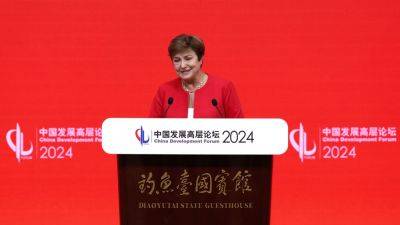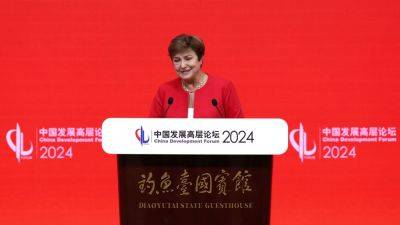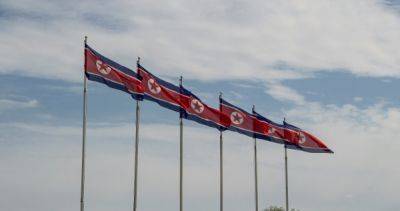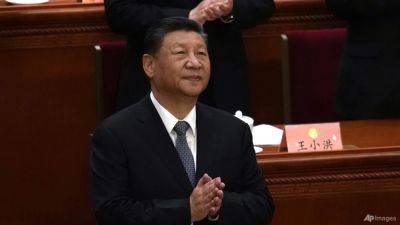China: What Li did and didn’t say at the NPC
Investors already seem unimpressed by China’s pledge to grow around 5% this year. It’s not because of what Premier Li Qiang said about Asia’s biggest economy but rather what his National People’s Congress report failed to address.
Along with Beijing holding its fire on massive new stimulus, the report lacked new strategies to fix a property crisis exacerbating deflation. Nor did it detail fresh moves to strengthen China’s capital markets to stabilize sliding stocks.
Li’s report did contain many goodies that might normally send mainland stocks skyward. The gross domestic product (GDP) target is certainly ambitious given Japan is in recession, Europe is heading that way and US Federal Reserve rate cuts are off the table for now.
Plans to champion “high-quality development” augur well for increased innovation, research and development, green energy, cutting-edge manufacturing and, ultimately, higher disposable incomes across the nation.
Investors may be cheered by talk of generating 3% consumer price inflation, holding the fiscal deficit to 3%, creating 12 million urban jobs and increasing tech self-sufficiency as Washington tightens the screws. There’s hope, too, that the plan to issue one trillion yuan (US$139 billion) of ultra-long special central government bonds will boost consumption.
The work report that Li unveiled stressed that to be “well prepared for all risks and challenges,” the government is working to ensure that “internal drivers of development are being built up.”
As such, it said “we will implement a package of measures to defuse risks caused by existing debts and guard against risks arising from new debts.”
Beijing, it added, “will take prudent steps to defuse risks in small and medium financial







